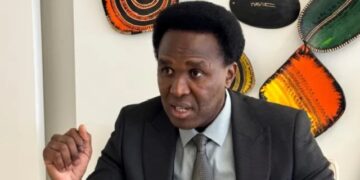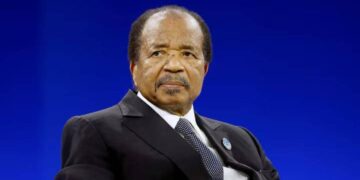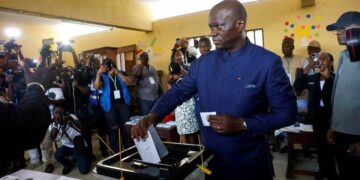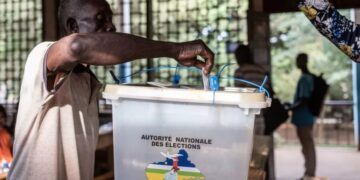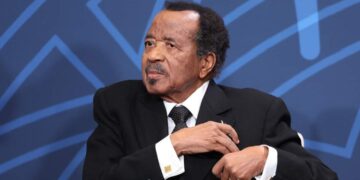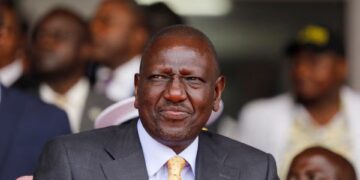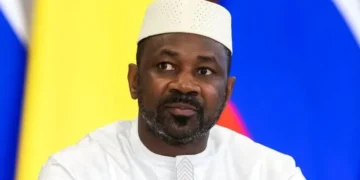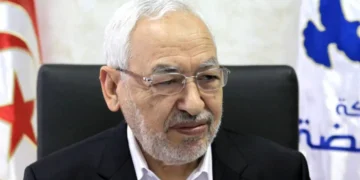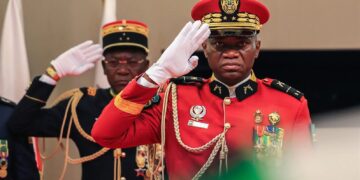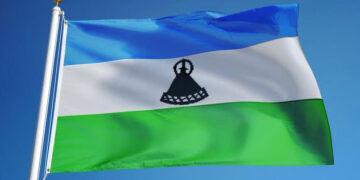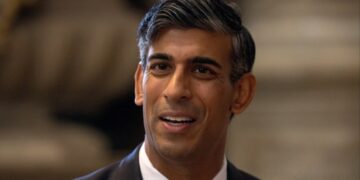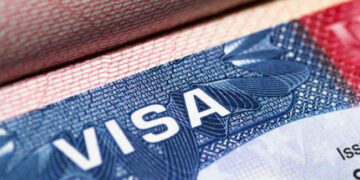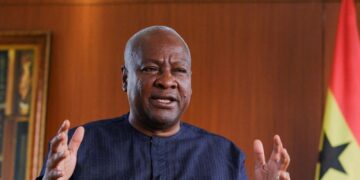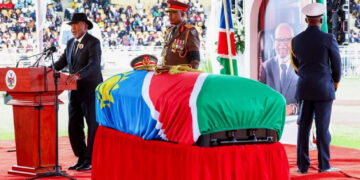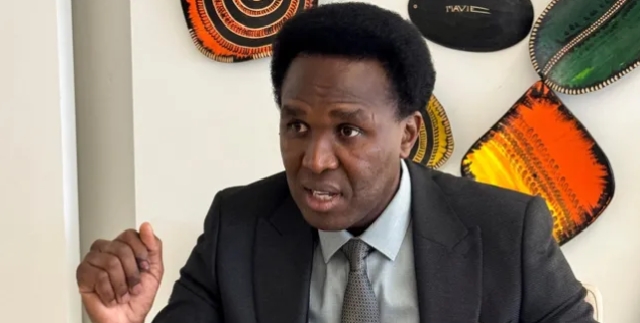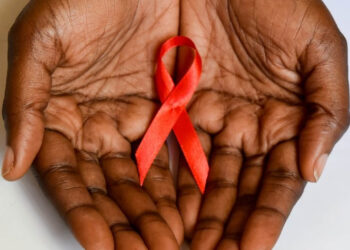By Enyichukwu Enemanna
The opposition leader in Mozambique, Venâncio Mondlane, says he will return from exile ahead of the inauguration of Daniel Chapo as the new president.
Mondlane, who has been calling for protests for weeks after rejecting the outcome of the October presidential election, said he will return to the country on Thursday ahead of the inauguration of the president-elect.
He sounded defiant in a Facebook live address on Sunday, following protests that have killed several people and destroyed properties, saying he “will be in Maputo. They don’t need to chase me any more.”
He stated that he would arrive at 08:05 local time on Thursday at the international airport in Maputo, calling for people to welcome him there.
“If they are killing my brothers… then I will be there. You can do what you want. If you want to murder, murder. If you want to arrest, arrest too. I will be there,” he said.
Chapo, of the ruling Frelimo party, will be sworn in next Wednesday after a court confirmed his election victory.
Mondlane left Mozambique in October after losing the election, fearing for his life following the killing of two of his close aides.
However, he has maintained that he won the election and has called for more protests until there is “electoral truth.”
His supporters have frequently staged violent protests across the country to demand an end to the Frelimo party’s 49-year rule.
Earlier, he vowed that he would install himself as president on 15 January when Chapo is set to assume office, despite losing at the polls and in the constitutional court.
The electoral commission initially declared Chapo the winner of the election with 71% of the vote, compared to Mondlane’s 20%.
However, the constitutional court, while upholding Chapo’s election, reduced his margin to 65% and increased Mondlane’s to 24%.
Security forces have sought to end the nationwide protests by opposition supporters, demonstrations that have threatened the stability of the country.
More than 270 people have been killed, including protesters, children, and members of the security forces, according to rights groups.
